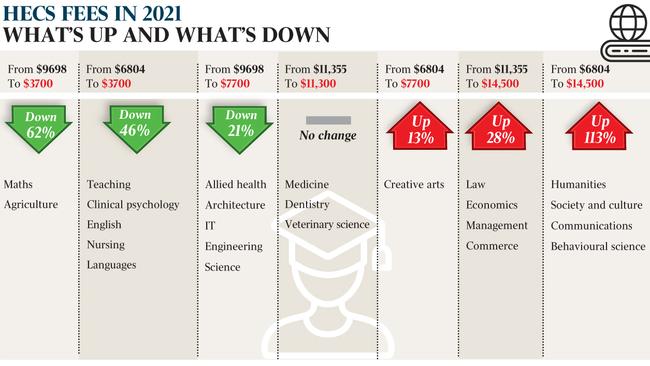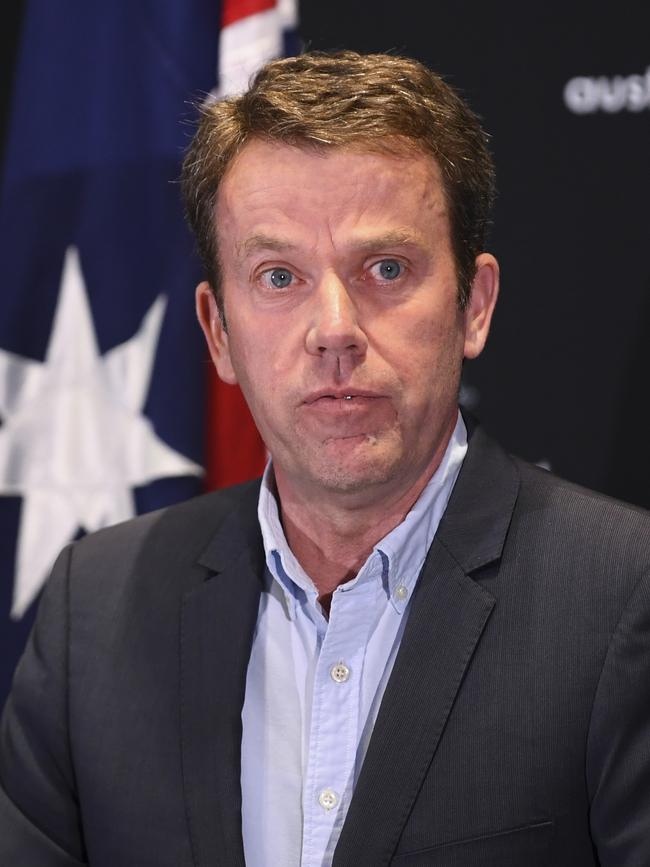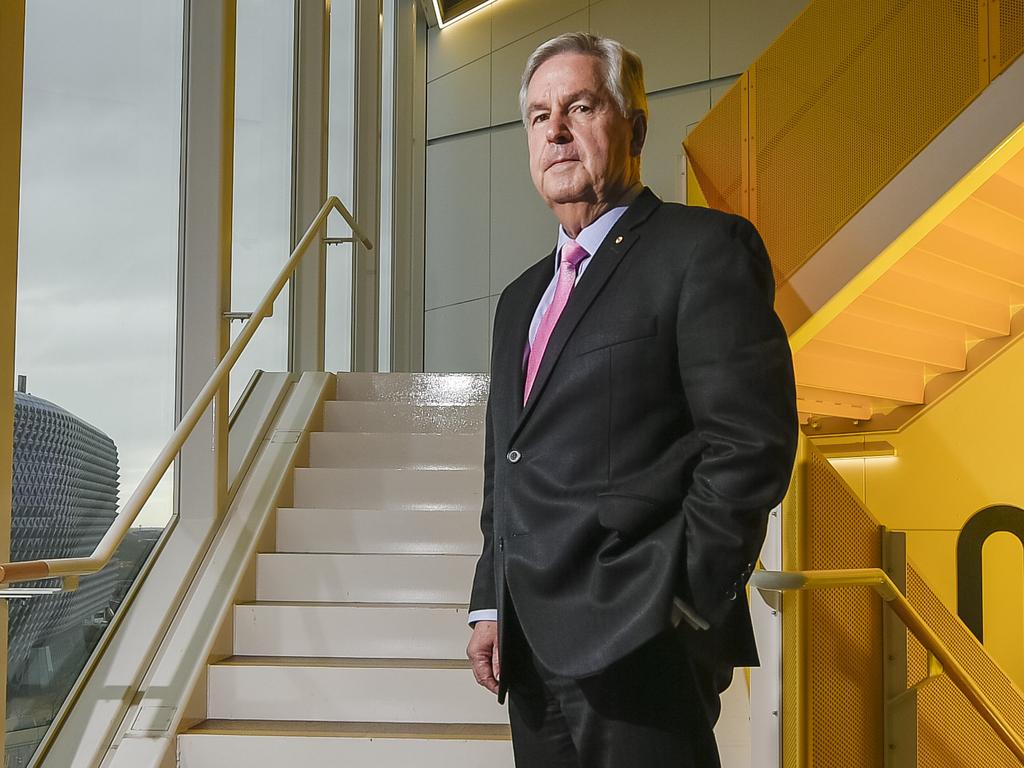Radical shake-up for university fees proposed
Humanities students will pay 113 per cent more while those studying maths, teaching and nursing less | WHAT YOU WILL PAY

Humanities students will face a massive fee hike while those studying maths, teaching and nursing will have course costs slashed under a comprehensive university funding shake-up to be announced by the Morrison government on Friday.
Education Minister Dan Tehan will outline the most significant change in the cost of university tuition in more than a decade, with students encouraged to take courses in areas where employment demand is expected to grow.

Maths and agriculture degrees will have student contributions slashed by 62 per cent — to $3700 a year — while those studying teaching, nursing, English, foreign language and clinical psychology will also pay $3700, 46 per cent less than they do now.
Law, economics, management and commerce subjects, however, will face fee hikes of 28 per cent, with students paying $14,500 a year. Humanities, society and culture and communications degrees will cost $14,500, a 113 per cent fee rise compared with current costs.
“Universities must teach Australians the skills needed to succeed in the jobs of the future,” Mr Tehan will say in a speech at the National Press Club on Friday.
“We will also incentivise students to make more job-relevant choices, that lead to more job-ready graduates, by reducing the student contribution in areas of expected employment growth and demand.
“To deliver cheaper degrees in areas of expected employment growth, students who choose to study more popular degrees will make a higher contribution.”
The new fees are by unit, not at a degree level, meaning students can reduce costs of high-fee courses if they take elective subjects in low-fee subject areas. “This means that students studying arts can still reduce their total student contribution by choosing electives in subjects like mathematics, English, science and IT within their degree,” Mr Tehan will say.
Sixty per cent of students will either pay less or see no change in their fee level, he will say.
The new course fees will apply only to new students. Those who would benefit from the new fee structure, however, will be able to do so from next year.
Just over 330,000 students applied for university places, with 276,498 offers made — 40 per cent to Year 12 students.
The government expects to have 100,000 extra university places by 2030 to meet growing demand but will not be investing significant extra funding to cover the additional places. The changes are budget-neutral over the forward-estimates period, forcing universities to cut their teaching costs per student.
The expected increase in the number of school leavers is the result of the Costello baby boom of the early 2000s, when parents were offered cash incentives and urged to have “one for mum, one for dad and one for the country”.
While the extra student places will help universities deal with the coming demographic bulge, it will not help them cope with the expected boost in domestic students wanting to go to university next year.
Health restrictions put in place during the coronavirus pandemic are likely to cause school leavers to cancel gap years, and rising unemployment will make many decide to go to university because they can’t find a job.
Australian Bureau of Statistics figures released on Thursday showed youth unemployment rose to 16.1 per cent in May — almost half of all job losses that month. If the unemployment rate for 15-24-year-olds rose to 30 per cent, demand for places from Year 12 students would increase from 133,000 in 2019 to 154,000 in 2021, according to Education Department forecasts.
Mr Tehan will give some relief to university budgets by restoring annual indexation for course subsidies, which was taken away at the beginning of 2018.
“We are facing the biggest employment challenge since the Great Depression. And the biggest impact will be felt by young Australians. They are relying on us to give them the opportunity to succeed in the jobs of the future,” Mr Tehan will say at the National Press Club.
“A cheaper degree in an area where there’s a job is a win-win for students. And as I said earlier, when graduates succeed, our country succeeds.
“If Australia needs more educators, more health professionals and more engineers, then we should incentivise students to pursue those careers.”
The fee shake-up must be legislated, which means the government will have to steer the changes through the Senate where it does not hold a majority.
If they are passed, Mr Tehan’s proposed reforms will be the biggest change to the university fee structure since 2005 when the Howard government allowed universities to raise HECS charges by 25 per cent. In 2014, the Abbott government tried to deregulate uni fees. Those measures failed to pass the Senate.
The higher education sector has been increasingly at odds with the government. Universities Australia warned of a $16bn drop in revenues over the next three years as the COVID-19 crisis keeps international students away. University of Sydney vice-chancellor Michael Spence said this month the nation’s research system was at “ground zero” because of the loss of those fees.








To join the conversation, please log in. Don't have an account? Register
Join the conversation, you are commenting as Logout